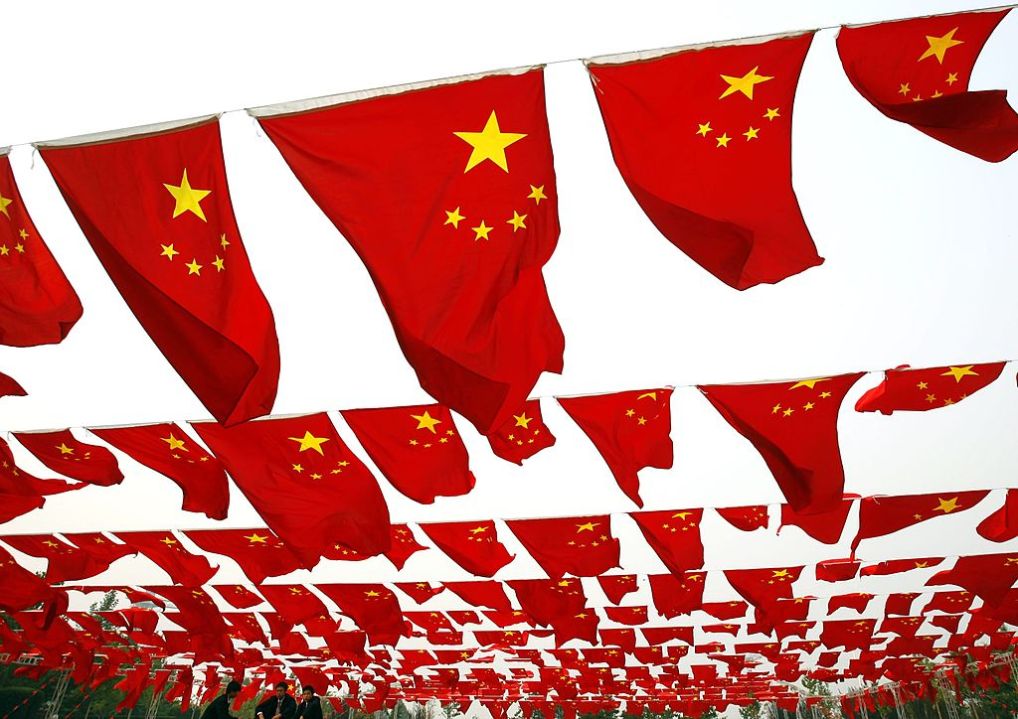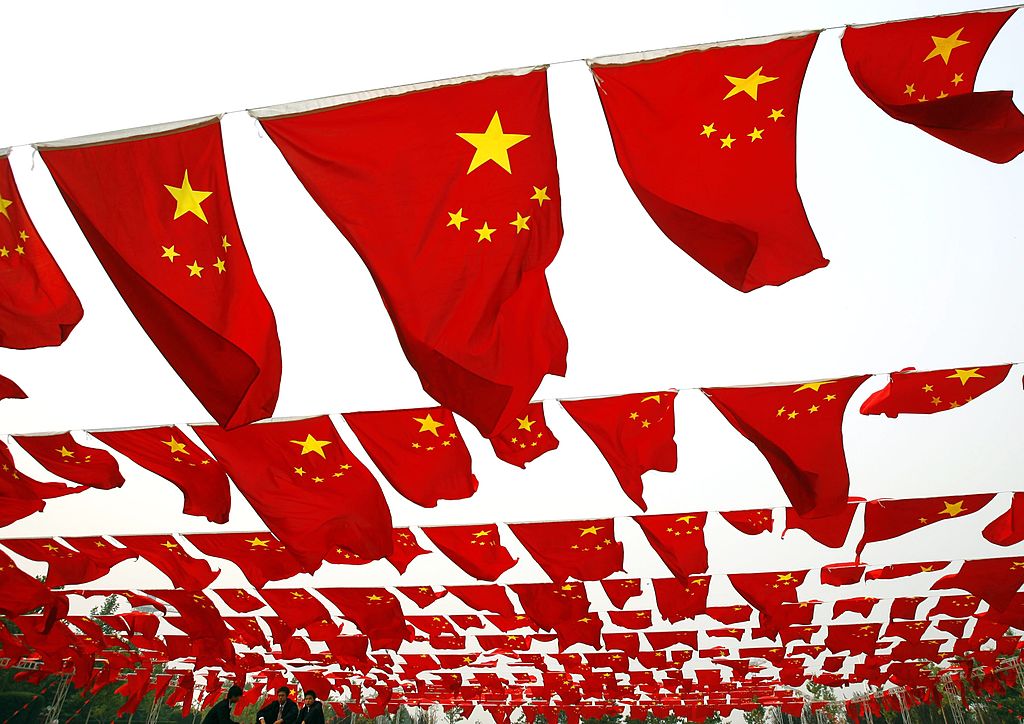Spectator contributors were asked: Which moment from history seems most significant or interesting? Here is Jung Chang’s answer:
My highlight of history would be the first 16 years of the Chinese Republic — 1912 to 1928 — when China was a vibrant democracy. This fact is generally unknown to the world, and I came to appreciate it fully only while researching my last two books, one on Empress Dowager Cixi, and the other on the three Soong sisters from Shanghai.
The democratisation process began with Cixi in the first decade of the 20th century, when she resolved to turn China into a constitutional monarchy. After her death, the Republic that came into being in 1912 put democracy into practice.
Elections, however imperfect, were held, and a parliament functioned. Free speech, including a free press, thrived. So did the activities of different political parties. An independent legal system was working. A dynamic middle class emerged, and a host of literary and artistic giants flowered. Creativity was at a height unsurpassed to this day. Women’s liberation, which had started with Cixi, gathered stunning pace. In spite of the multitude of problems at the time, this was the golden era of 20th-century China.
This period of immense new freedoms and possibilities ended as Chiang Kai-shek overthrew the democratic government in 1928 with a military force that had been built by Soviet Russia. Moscow enabled Chiang to become the first dictator of modern China and, as he turned out to be anti-communist, Stalin backed Mao, who toppled Chiang and went on to build a totalitarian communist regime. It was the propaganda machines of Chiang and Mao that branded democratic China as a failed state.
The existence of those 16 years before dictatorship was imposed through the barrel of the gun gives the lie to the assertion that China has no democratic tradition and is not suited to the system. The fact is that democracy once worked there.







Comments